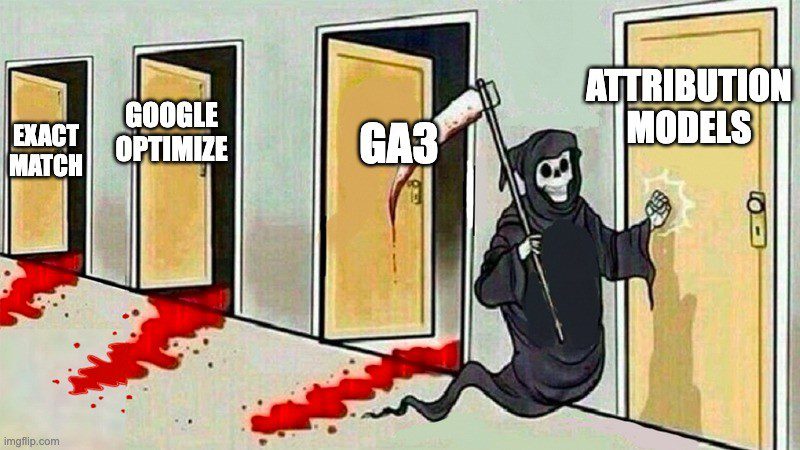Definition: Return on Investment (ROI) is a performance metric used to evaluate the profitability of an investment. In marketing and sales, it measures the return generated from a specific campaign, channel, or activity relative to its cost. The formula is typically expressed as:
ROI = (Net Profit / Investment Cost) x 100
By calculating ROI, businesses can determine which strategies deliver the best financial outcomes and optimize their budget allocation accordingly.
Use It In a Sentence: Our Google Ads campaign delivered a 220% return on investment, making it our highest-performing channel last quarter.

Key Components of ROI
- Revenue Attribution: Identify which marketing or sales efforts influenced the revenue.
- Cost Measurement: Track all associated expenses including tools, time, and ad spend.
- Profit Calculation: Subtract total costs from the revenue generated.
- Attribution Model Alignment: Tie ROI results to accurate tracking models.
- Time Frame Definition: Choose consistent periods (e.g., monthly, quarterly) for comparison.
Why ROI Matters
- Measures True Effectiveness: Reveals which strategies are driving actual profit.
- Guides Budget Decisions: Helps reallocate resources to top-performing channels.
- Builds Stakeholder Confidence: Demonstrates the value of marketing and sales investment.
- Enables Long-Term Planning: Supports forecasting and strategic growth.
How to Maximize Marketing & Sales ROI
- Track the Right Metrics: Use UTM codes, CRM data, and analytics dashboards.
- Use Attribution Modeling: Identify the true source of conversions and revenue.
- Refine Your Funnel: Improve conversion rates at each stage to increase ROI.
- Automate Reporting: Save time with real-time dashboards and integrated tools.
- Test and Optimize Constantly: Run A/B tests, adjust messaging, and iterate campaigns.
Learn ROI Optimization in Our Funnel Training
Our Sales Funnel course teaches you how to measure and increase ROI by aligning strategy with data. Learn to build a revenue machine that proves its value.
More Definitions
- Attribution Modeling: The framework used to assign revenue credit to specific touchpoints.
- Revenue Attribution Modeling: Tracks how specific interactions contribute to actual revenue.
- Customer Acquisition Cost (CAC): Measures the cost of acquiring a new customer.
- Lead Qualification Framework: A system to evaluate which leads are most likely to generate positive ROI.
Useful Blogs
- Defining Your Bank Marketing Strategy: Learn how to build a strategic bank marketing approach that delivers measurable ROI.
- Building a B2B Sales Funnel: The Step-by-Step Guide: A guide to setting up funnels that track and improve ROI.
- Learn How Weighted Funnels Can Help Your Business: Discover how weighting your funnel stages can improve performance tracking.
- The Marketing Funnel: Stages, Strategies, & How to Optimize: Practical advice to align your funnel for better returns.
- CRM Data Tracking for Your Sales Funnel: Master the tracking systems behind high-ROI campaigns.












